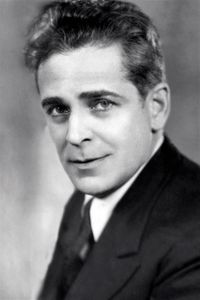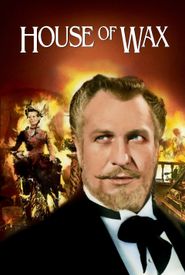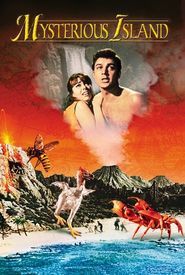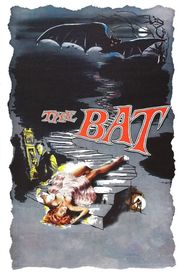Crane Wilbur, a talented actor, screenwriter, and director, was born Erwin Crane Wilbur on November 17, 1886, in Athens, New York. As the nephew of renowned stage actor Tyrone Power Sr., Wilbur's passion for the performing arts was evident from an early age.
Wilbur's career in the entertainment industry began with his Broadway debut on June 3, 1903, in a trilogy of William Butler Yeats plays, "A Pot of Broth" / "Kathleen ni Houlihan" / "The Land of Heart's Desire", presented by the Irish Literary Society at the Carnegie Lyceum.
He transitioned to film in 1910, but it was his role as the male lead in the popular serial "The Perils of Pauline" (1914),starring Pearl White, that cemented his status as a cinema actor. Wilbur's career as a movie actor began to wane after his appearance in "Breezy Jim" (1919),and he eventually returned to the stage.
Between 1920 and 1934, Wilbur had seven plays presented on Broadway, including "The Ouija Board" (1920),"The Monster" (1922),"Easy Terms" (1925),"The Song Writer" (1928),"Border-Land" (1932),"Halfway to Hell" (1933),and "Are You Decent" (1934). He also directed "Halfway to Hell" and "Happily Ever After" in 1945.
Wilbur had previously directed several silent pictures, but he made his sound debut as a director with the controversial "Tomorrow's Children" (1935),an expose of the "science" of eugenics. The film was banned in New York state due to its depiction of forced sterilization and its potential to corrupt morals.
Despite this setback, Wilbur continued to work in the film industry, particularly in the mystery-thriller genre. He was involved in the production of several genre classics, including "House of Wax" (1953),"The Bat" (1959),and "Mysterious Island" (1961).
Crane Wilbur passed away on October 18, 1973, in Toluca Lake, California, due to complications following a stroke.







































































